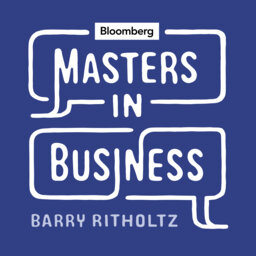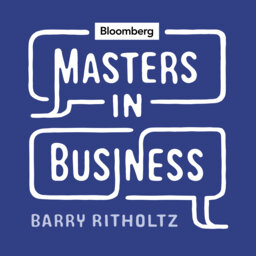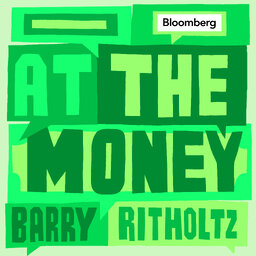Interview With Michael Lewis: Masters in Business (Audio)
Dec. 9 (Bloomberg) -- Bloomberg View columnist Barry Ritholtz interviews financial journalist Michael Lewis, author of "Flash Boys," "The Big Short," "Moneyball," and, most recently, "The Undoing Project: A Friendship That Changed Our Minds." Lewis holds a bachelor’s degree in art history from Princeton and a master’s degree in economics from the London School of Economics. He is also a columnist for Bloomberg View. This commentary aired on Bloomberg Radio.
 Masters in Business
Masters in Business


